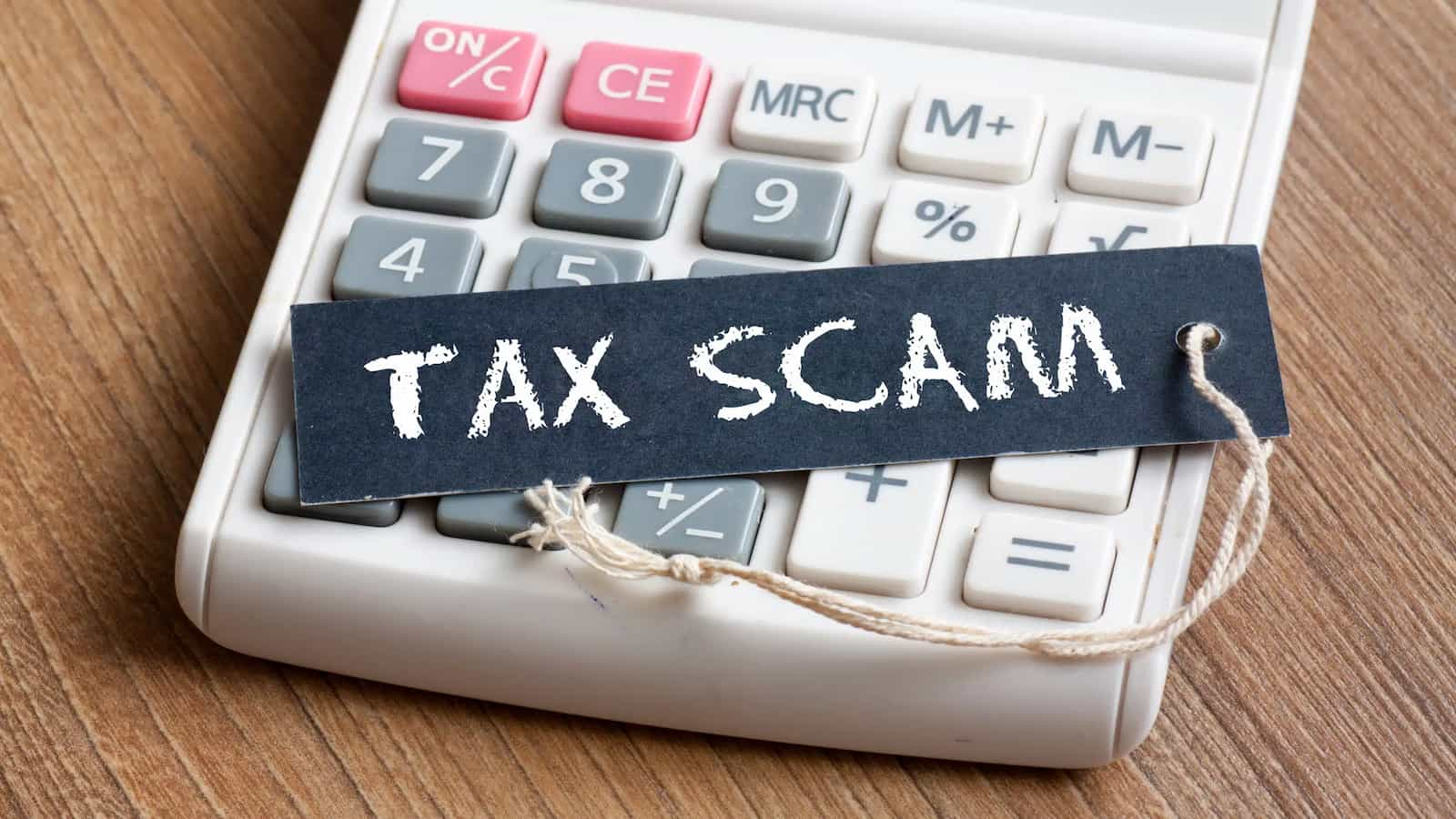IRS Issues Warning About ‘Dirty Dozen’ Tax Scams: The Internal Revenue Service (IRS) has compiled a list of the most prevalent tax schemes that taxpayers should avoid during filing season, in advance of this month’s deadline.
Massachusetts and Maine have a tax return due date of April 17 instead of 15 owing to holidays. In the next days, the IRS will issue additional cautions to protect taxpayer data from fraudsters.
Since 2002, the Dirty Dozen campaign has warned taxpayers and experts about 12 common frauds. The IRS warns of “evolving” phishing and smishing scams that seek taxpayers’ private information for their 2024 initial installment.
Phishing happens when a fake IRS email “entices victims into the scam with a variety of ruses, such as threatening them with false legal or criminal charges for tax fraud or promising them a bogus tax refund.”
IRS Sets Deadline for Claiming $2,400 Stimulus Check
Smishing uses similar procedures. SMS smishing messages utilize scary language to make recipients fear their accounts or information are compromised. They frequently offer a phony solution to steal sensitive data.
Do not click on unsolicited IRS emails from dubious sources. It may install malware on a phone or device. Such acts could allow bad hackers to install ransomware, blocking normal users’ system and file access, the agency says.
Send suspicious emails to [email protected] and delete them. The IRS advises consumers who accidentally divulged private information by clicking on links in suspicious emails or websites to visit its identity protection page.
The government agency also states that it “will never initiate contact with taxpayers regarding a bill or tax refund via email, text message, or social media” and sends most contacts by mail.
“Scammers are relentless in their attempts to obtain sensitive financial and personal information, and impersonating the IRS remains a favorite tactic,” said IRS Commissioner Danny Werfel.
“Because individuals may be eager to obtain the most recent information regarding their tax refunds or other matters of concern, fraudsters often attempt to deceive them by posing as the IRS.” When in doubt, the IRS cautions against opening unsolicited emails or texts and clicking on their links.
IRS Announces $1,400 Direct Payment: Stimulus Check Claim in April Unveiled!


















